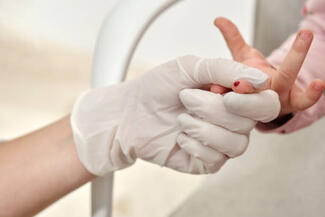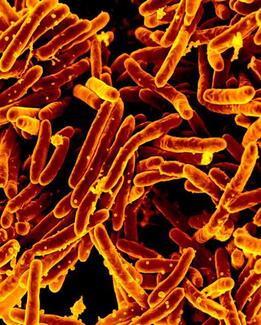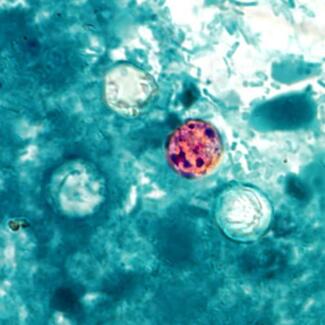Available Clinical Testing at the Vermont Department of Health Laboratory
The Vermont Department of Health Laboratory (VDHL) provides clinical settings and health care providers with specimen kits and specimen analysis in bacteriology, blood lead, mycology and mycobacteriology, parasitology, and virology - see detailed information below.

Bacteriology
VDHL's Bacteriology Unit provides analysis of enterics, bordetella pertussis, chlamydia/gonnorrhoeae, brucella/francisella and syphilis. See the detailed information below. They are also Vermont's Reference Laboratory for the culture and identification of bacterial isolates that are of public health significance.




